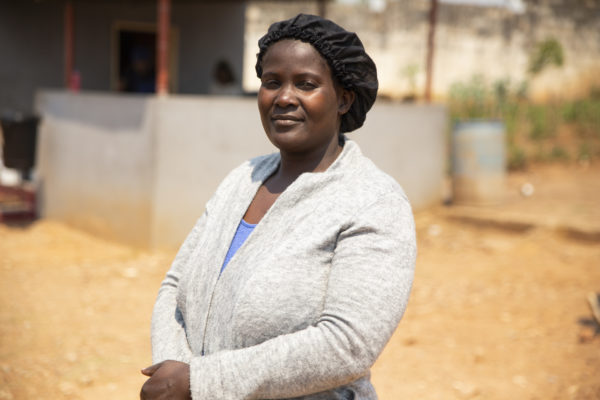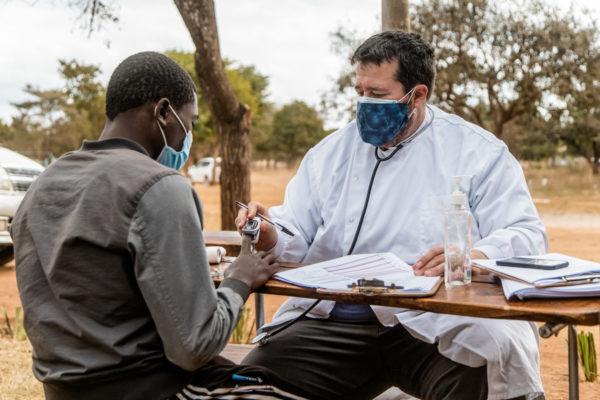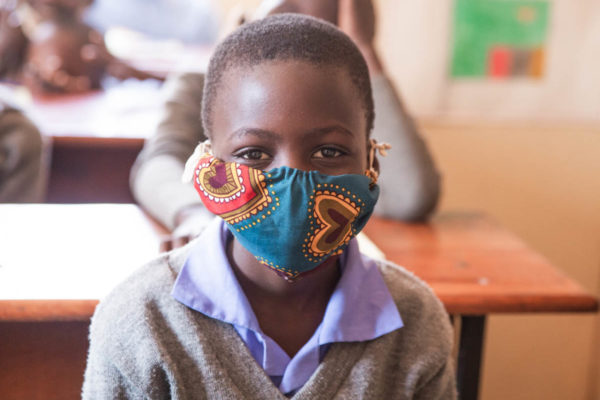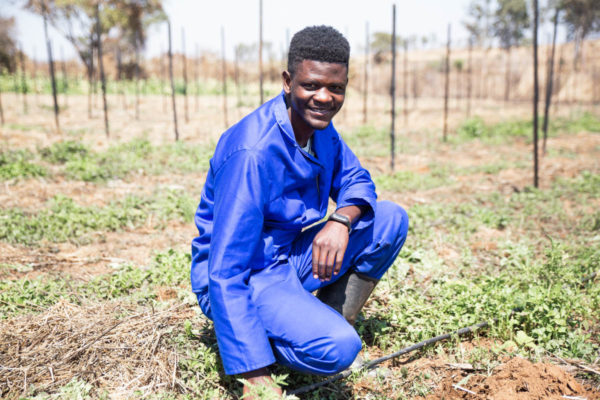Understanding who a vulnerable or orphaned child is complex, but understanding what defines that classification is quite simple. Let’s start with the definitions:
Orphan: a child below the age of 18 who has lost one or both parents. A single orphan has lost one parent, whereas a double orphan has lost both parents.
Vulnerable: a child below the age of 18 who is currently or is likely to be in adverse conditions thereby subject to significant physical, emotional or mental stress resulting in inhibited development.
But those definitions do not tell the entire story. To be classified as an orphan or vulnerable child oftentimes means a grave lack of care, or worse, a grave lack of concern for the child’s well-being. In the worst case scenarios, which many of these children experience, the abuse causes a lack of hope. When coupled with a lack of education, a child simply has no concept of possibility, rather the daily reality is all there is. The impact on his or her brain and spirit can be devastating. Imagine feeling no love or, at minimum, feeling alone when you are forming your perspective of self and the world.
To understand who a vulnerable or orphaned child is means we must understand that their experiences vary significantly across families, communities and countries. Studies show that orphans and vulnerable children are at higher risk of low or no education, low food security, suffer anxiety and depression and are at higher risk of exposure to HIV.
According to UNICEF, the situation is influenced by a complex mix of variables, including children’s relationship to their caregivers, the wealth of their household and community, HIV prevalence in the community and an array of other factors. Therefore, we believe that the greatest gift we can give a child, after meeting certain basic needs, is education.
When we give a child an education, we begin to reset their view of the world, and more importantly their reality which directly impacts their hope for the future. Then introducing them to the everlasting love of God, they begin to see beyond their future and into their real purpose – eternity.









